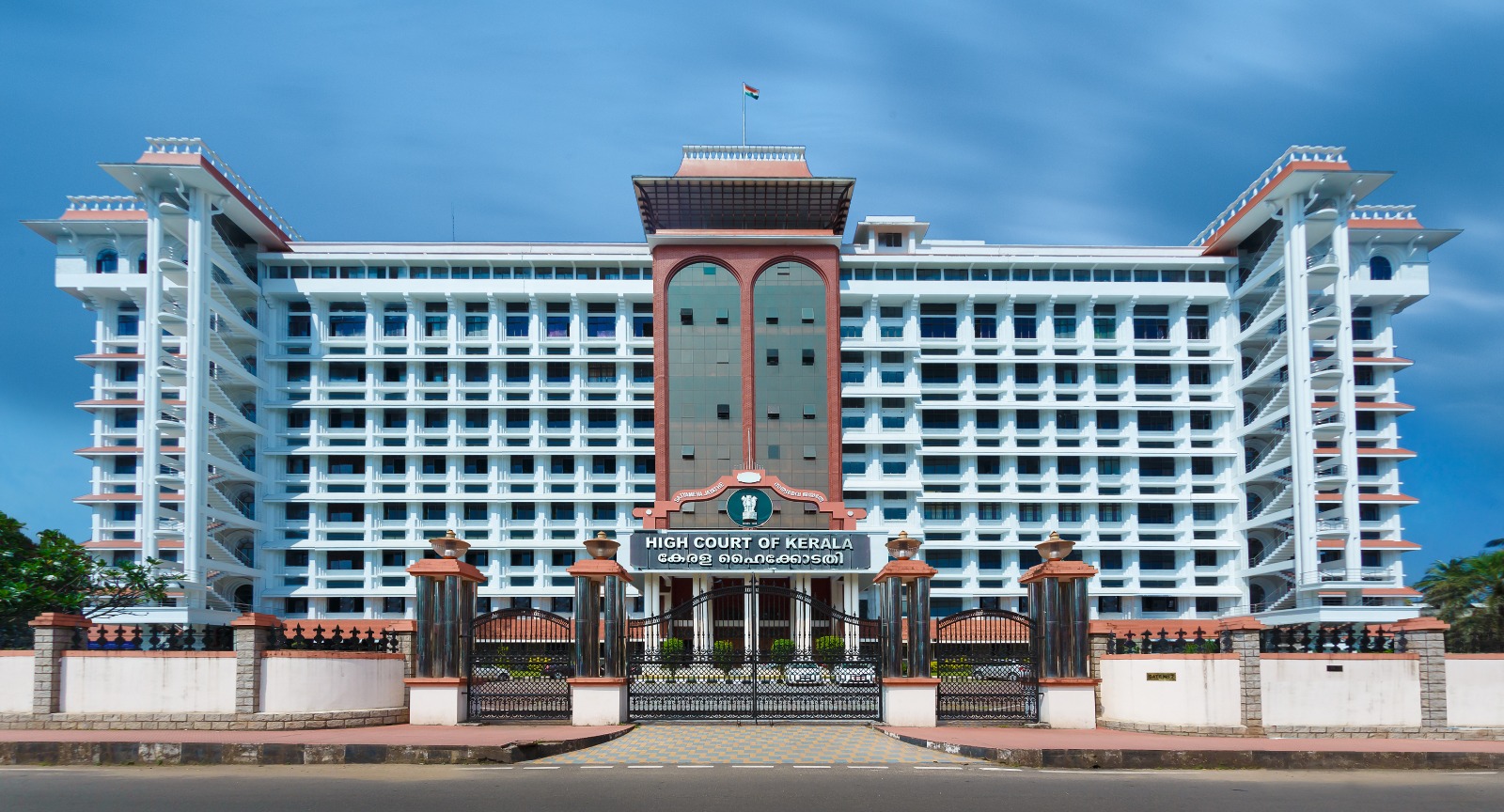J.N. Hore, J.@mdashPetitioner Harekrishna Mondal was convicted by the learned Judicial Magistrate, Alipore, 2nd Court under Sections 493, 495 and 496, Indian Penal Code. For his conviction u/s 495, Indian Penal Code, the petitioner was sentenced to rigorous imprisonment for 3 years and a fine of Rs. 5000 in default further rigorous imprisonment for 9 months and for his conviction u/s 493, Indian Penal Code, the petitioner was sentenced to rigorous imprisonment for 2 years. The sentences were its run consecutively. No separate sentence was passed for conviction u/s 496, Indian Penal Code. On appeal the learned Additional Sessions Judge, 2nd Court, Alipore confirmed the order of conviction under Sections 493, 495 and 496, Indian Penal Code but reduced the sentence. The sentence u/s 495, Indian Penal Code was reduced to imprisonment for 2 years and a fine of Rs. 3000 in default rigorous imprisonment for 6 months. The sentence u/s 493, Indian Penal Code was reduced to imprisonment for 1 year and the sentences were ordered to run concurrently. Being aggrieved the petitioner has moved this court in revision and obtained the present Rule.
2. Briefly stated, the prosecution case was that petitioner Harekrishna Mondal falsely represented himself as a bachelor and relying on the said representation complainant Smt. Kalpana Naskar, respondent No. 1 agreed to marry him. They were married on 9th February, 1977 according to Hindu Rites. The petitioner and the complainant lived as husband and wife for about 8/9 months after the aforesaid marriage.
3. Subsequently, the complainant came to know that petitioner Harekrishna Mondal had a another wife named Shanti with two children and that he suppressed that fact and fraudulently married the complainant during the subsistence of that marriage. A dispute arose between the complainant and the petitioner and the complainant was driven out of the petitioner''s house. The complainant then filed a matrimonial suit being Mat. Suit No. 15/78 against the petitioner Harekrishna Mondal and got a decree in her favour declaring her marriage with the petitioner as void.
4. The defence case was a denial of the alleged second marriage of the accused with complainant Kalpana and the alleged cohabitation with her. The further defence case was that the complainant filed the complaint in order to extract some money from accused Harekrishna Mondal. The alleged first marriage with Shanti was not disputed at the time of trial.
5. The learned Magistrate held that the petitioner married respondent No. 1 after observance of the usual rites and ceremonies. He further held that this marriage was contracted during the subsistence of the previous marriage with Shanti upon suppression of the said fact.
6. In the appeal the petitioner did not challenge the finding of the learned Magistrate regarding his marriage with respondent No. 1 according to Hindu Rites. It was contended before the learned Additional Sessions Judge that the finding of the learned Magistrate regarding the alleged first marriage with Shanti being based on the judgment passed in the matrimonial suit and there being no independent evidence regarding the essential formalities of the marriage was erroneous and as such the conviction could not be sustained. This contention was negatived by the learned Additional Sessions Judge who held that u/s 41 of the Evidence Act, final judgment of a competent court in the exercise of matrimonial jurisdiction is a conclusive proof that the legal character which it confers or takes away accrued or ceased at the time declared in the judgment for that purpose and that the judgment passed in the matrimonial suit between the parties was a conclusive proof that the petitioner was married to Shanti and during the subsistence of that marriage the petitioner again married respondent No. 1. He accordingly affirmed the order of conviction but reduced the sentence as stated earlier.
7. There was evidence by the complainant and her witnesses that the accused had a wife named Shanti but there was no evidence on the point of performance of religious rites and ceremonies. There was no independent proof of the alleged marriage between the petitioner and Shanti. Inspite of issue of summons followed by warrant the attendance of Shanti could not be secured and Shanti could not be examined. Both the courts below mainly relied upon the judgment passed in the matrimonial suit being No. 15/78 in proof of marriage of the petitioner with Shanti. Mr. Roy, learned Advocate for the petitioner has contended that the judgment passed in the matrimonial suit is, relevant in a criminal proceeding only with regard to the declaration that the marriage of the petitioner with respondent No. 1 is void and the evidence and the grounds on which the final decision is based being not admissible in the criminal proceeding both the courts committed an error in relying upon the said judgment in proof of the subsistence of the alleged first marriage. Mr. Mondal, learned Advocate for the respondent No. 1 has, on the other hand, contended that the judgment is a conclusive proof of the subsistence of the first marriage u/s 41 of the Evidence Act.
8. Section 41 of the Evidence Act inter alia provides that a final judgment of a competent court in the exercise of matrimonial jurisdiction is conclusive proof that the legal character which it confers or takes away accrued or ceased at the time declared in the judgment for that purpose. The judgment is conclusive as regards the status but not as regards the evidence or the grounds on which it is based against third parties. A judgment in rem u/s 41 is conclusive in a criminal as well as in a civil proceeding. In
9. In view of what has been stated above, the order of conviction as passed by the lower appellate court does not suffer from any illegality or infirmity and must be sustained. We are, however, inclined to reduce the sentence to rigorous imprisonment for 1 year and a fine of Rs. 3000, in default further rigorous imprisonment for 3 months for the conviction u/s 495, Indian Penal Code and to rigorous imprisonment for 6 months for committing an offence u/s 493, Indian Penal Code. Both the sentences will run concurrently. The order of conviction is affirmed but the sentence is reduced as indicated above.
The Rule is disposed of accordingly.
Ajit K. Sengupta, J.
10. I agree.

